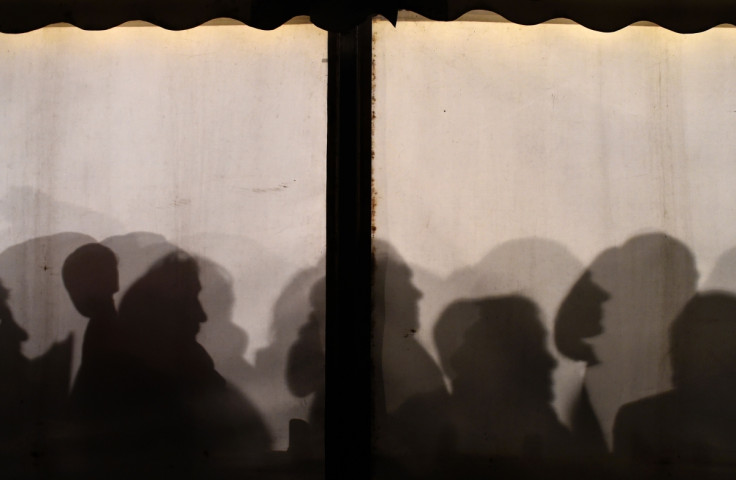Migrant crisis: Germany to spend £160m fighting sexual assault at refugee centres

The German government is to make 200 million euros (£158 million) available to combat sexual assault at refugee centres.
The money will be made available for municipal authorities to remodel refugee centres, with protected spaces for women and children, the Ministry for Families, Seniors, Women and Youth (BMFSFJ), said in a statement on Thursday (31 March 2016).
More than a million refugees entered Germany in 2015, with men, women and children housed in unsegregated former barracks, school buildings and tents as municipal authorities struggled to find accomodation for them. Though German federal police and the BMFSFJ do not keep figures on the number of sexual assaults at refugee centres, reports indicate the problem is widespread.
In the Hessian town of Giessen, there were reports of widespread rape and sexual abuse at a former barracks hastily turned into refugee accomodation.
In a letter to the Minister of Integration and Social Affairs, four women's rights groups wrote in August: "It is a fact that women and children are unprotected. This situation is opportune to those men who already regard women as their inferior and treat unaccompanied women as "fair game". As a consequence, there are reports of numerous rapes, sexual assaults and increasingly of forced prostitution. These are not isolated incidents."
In January, Amnesty International released a report based on interviews with female refugees in Germany and Norway, which found they suffered harassment, assault and exploitation at every stage of their journey through Europe.
One female refugee in Germany told Amnesty that women were forced to share bathroom and shower facilities with men, and men watched them as they used the toilet. Another said that a security guard at a refugee centre had offered her clothing in exchange for "spending some time alone" with him.
BMFSFJ spokesperson Verena Herb told The Local "So far, we only know about individual cases. But we assume that there is a number of unreported cases."
The money will be accessible to municipal authorities through zero interest loans provided through the government owned KfW development bank.
"Unfortunately we know that children and women in the camps are not safe from abuse and sexual assault. That's why we have to make sure that they're protected," junior minister Ralf Kleindiek said. "Not only measures regarding staff, but also structural measures have to be implemented such as lockable accommodation units and separate sanitary facilities. For the children and adolescents we also need designated rooms to enable play and learning," he said.
The ministry also plans to spend four million euros on specialist centres providing counselling for survivors of trauma and torture, with millions of refugees having fled to the country from war zones and oppressive regimes.
© Copyright IBTimes 2025. All rights reserved.






















